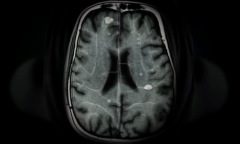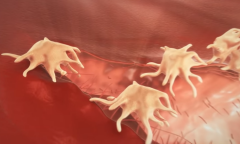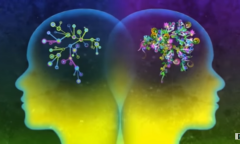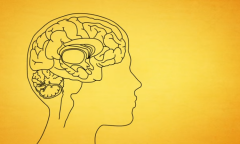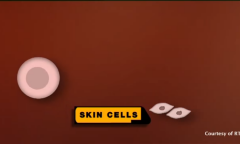By KM Diaz, | March 18, 2017
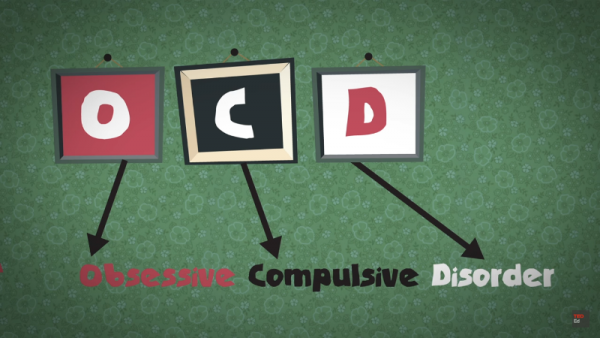
Obsessive-compulsive disorder (OCD) is a condition in which people keeps on repeating a certain activity over and over again.
Obsessive-compulsive disorder (OCD) is a condition in which people keeps on repeating a certain activity over and over again. Researchers have found that there is a missing protein that triggers the development of the disorder.
The cause of OCD remains unknown. People who have the disorder cannot control their behavior. For example, constant washing of hands because they fear of having dirt. Others also think that they might be robbed that's why they keep on counting their money repeatedly. About two percent of the general population suffers from OCD.
Like Us on Facebook
The research team at the University of Würzburg believed that they discovered on how the disorder triggered. The protein in the brain called SPRED2 is missing after they have tested on mice, and then, they developed an OCD-like behavior. Their grooming routine has changed such as frequent rubbing of ears and head, and repeated face-wiping every two to three seconds.
If the particular protein was missing in the mice, the significant signal pathway was created that triggers their brain to be active than usual. The said pathway also produce bad results with cancer patients.
Researchers now wonder if the approved drug for cancer patients can also be used by people with OCD. If it is possible, they will do further testing if there are side effects. The current drugs of OCD are antidepressants, however, it is not similar to cancer medication. It does not stop the overactive brain pathway that triggers the OCD.
According to the study published in Molecular Psychiatry, the missing protein that the researchers discovered is a significant finding. In the future, it is possible that new therapies and medications will be developed to treat the disorder.
-
Use of Coronavirus Pandemic Drones Raises Privacy Concerns: Drones Spread Fear, Local Officials Say

-
Coronavirus Hampers The Delivery Of Lockheed Martin F-35 Stealth Fighters For 2020

-
Instagram Speeds Up Plans to Add Account Memorialization Feature Due to COVID-19 Deaths

-
NASA: Perseverance Plans to Bring 'Mars Rock' to Earth in 2031

-
600 Dead And 3,000 In The Hospital as Iranians Believed Drinking High-Concentrations of Alcohol Can Cure The Coronavirus

-
600 Dead And 3,000 In The Hospital as Iranians Believed Drinking High-Concentrations of Alcohol Can Cure The Coronavirus

-
COVID-19: Doctors, Nurses Use Virtual Reality to Learn New Skills in Treating Coronavirus Patients


